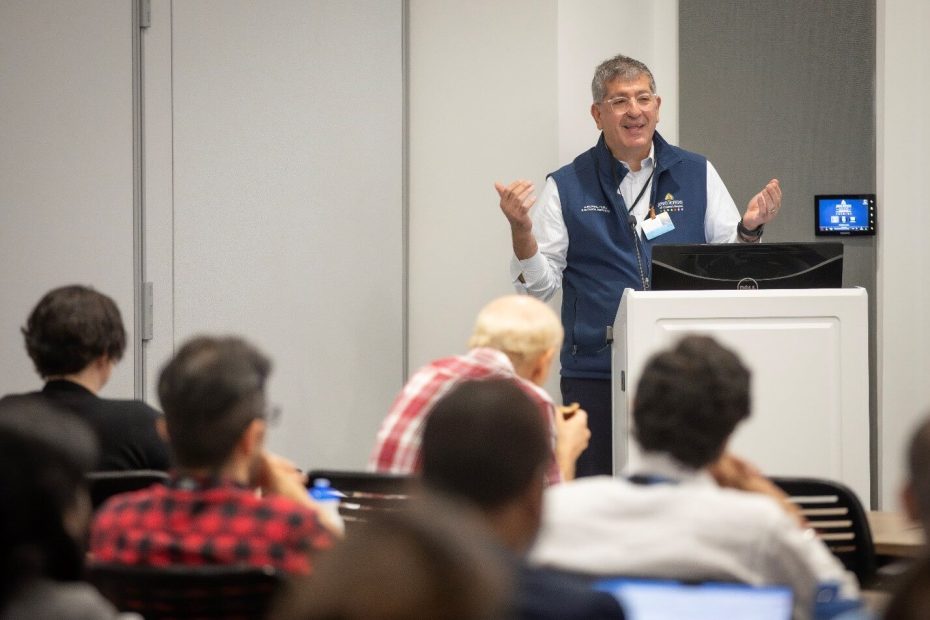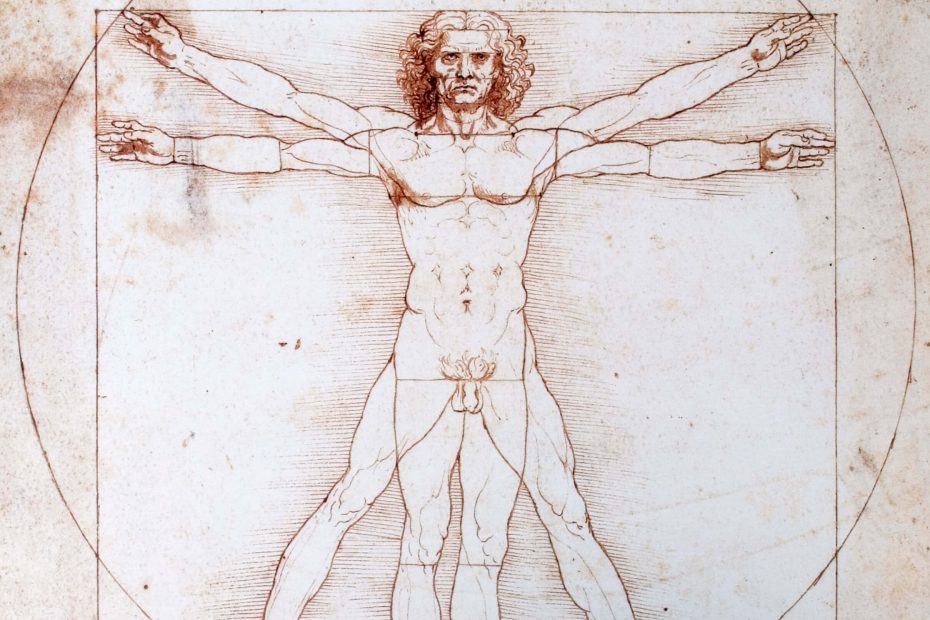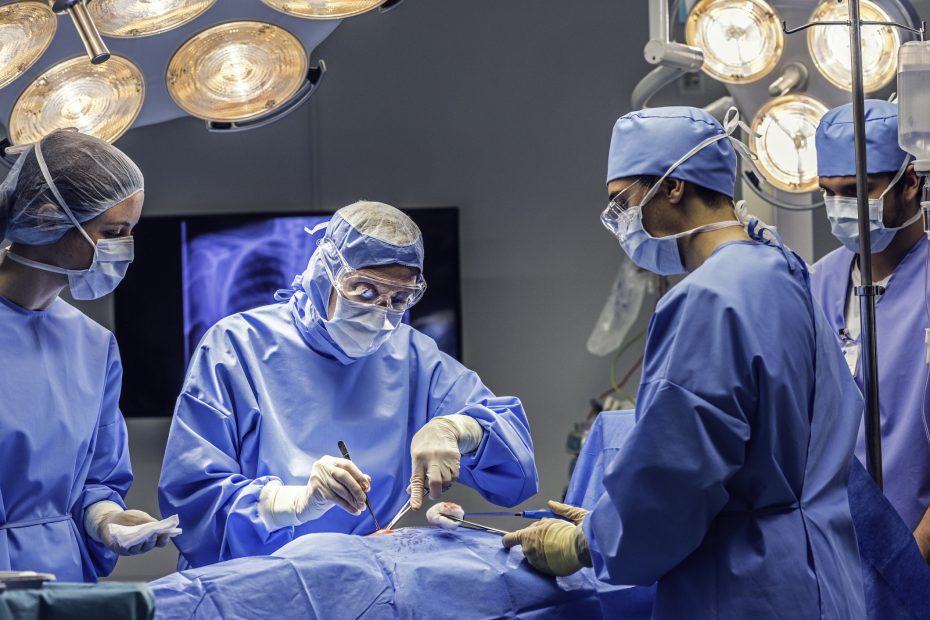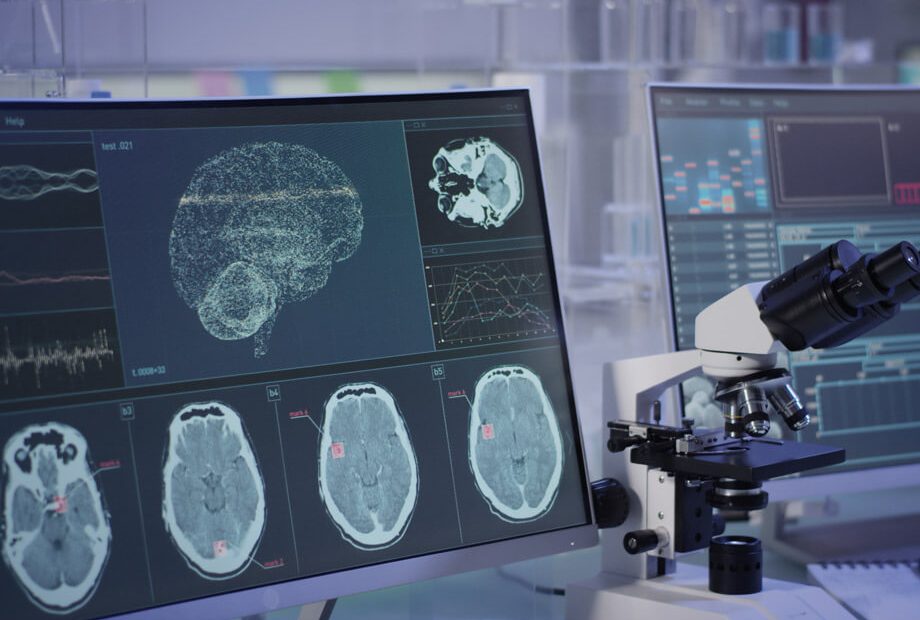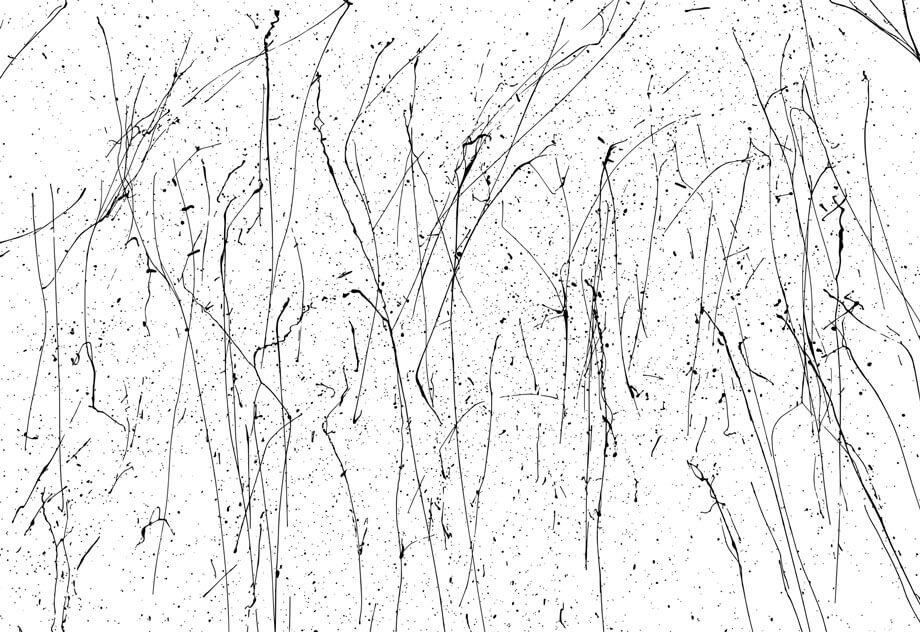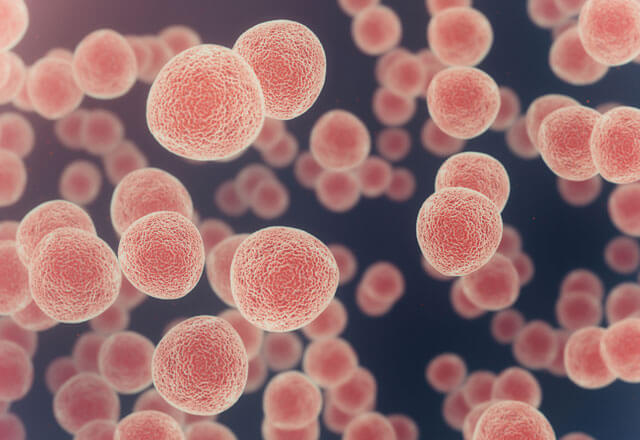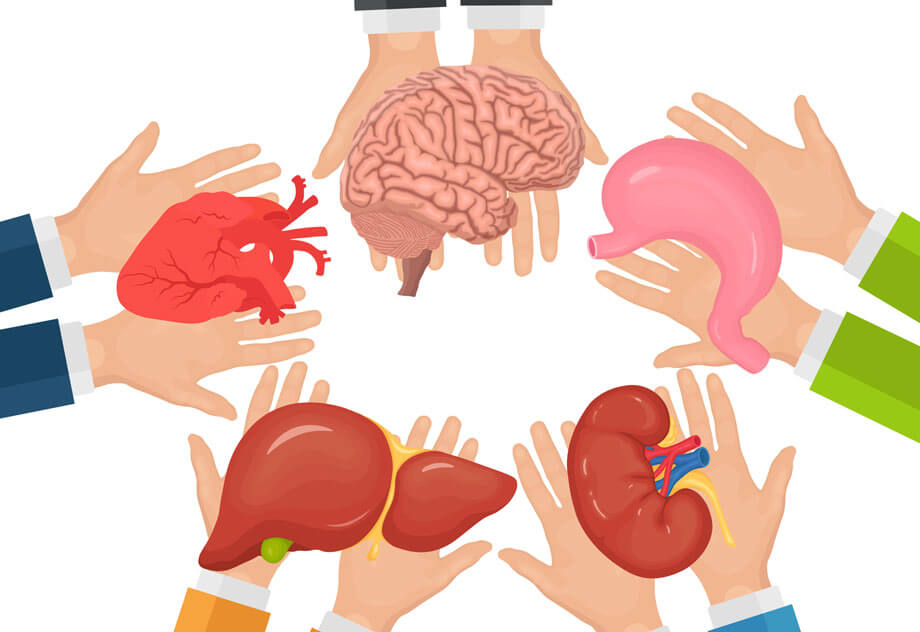The First RNA Biology and Therapeutics Trainee Retreat at JHU in Florida
Photo: George Jallo makes an opening presentation on the history of Johns Hopkins All Children’s Hospital. Photo source: All Children's Hospital Cooperation among institutions is… Read More »The First RNA Biology and Therapeutics Trainee Retreat at JHU in Florida
